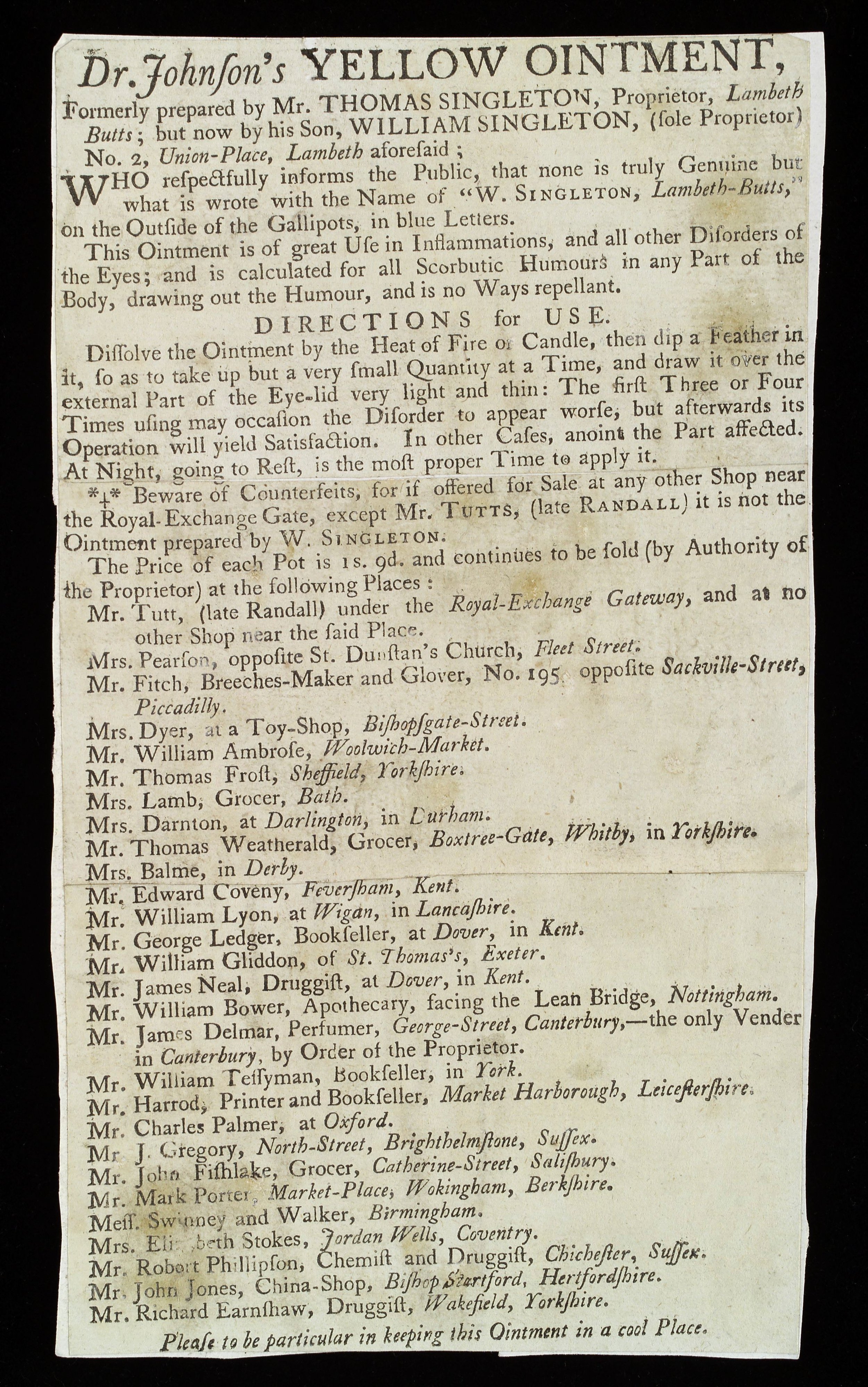Trademark
April 16, 2025
Business is personal. If you hire a Creative, but don’t use her ideas, you might find yourself competing with her in a year, as BID found out in Opposition No. 91275100. A former employee argued that her idea for DISTRICT OF FASHION, created while employed for BID belonged to her - and that her employer gave her a license to use the mark, even though it was confusingly similar to BID’s mark, DOWNTOWNDC DISTRICT OF FASHION. The TTAB said, ahem, no. I don’t know what happened between the two parties, but it was bad enough to cause them to fight all the way to a final decision when it really was a slam dunk for BID from the beginning.
Oct 18, 2024
Let’s talk about IRON BALLS! In Cancellation No. 92079099, the TTAB reminds us that a registered trademark shouldn’t be cancelled just because the TM owner isn’t famous across the country. Specifically, a trademark, such as IRON BALLS for “beer” is inherently distinctive, and the question of fame is irrelevant, as long as the mark is in use.. As a result, it looks like the pending application by a large competitor for “IRON BALLS Engineered Alcohol” for gin will not register. Here’s the real deal:
June 20, 2024
Monster Energy is one of the most litigious companies around. It usually works out for them, even when stretching the bounds of credulity. Until they argued that the two marks below are likely to be confused. The TTAB didn’t even have to consider if the marks are used to identify the same goods. Opposition 91269187.
December 5, 2023
One of the fundamental requirements for obtaining a trademark registration is “USE” of the mark in commerce - i.e. using the trademark to identify the source or origin of the product. Recently, however, Rolex Watch U.S.A., Inc. sought to cancel Mark Kiger’s mark MILSUB for watches, arguing that the public has used the term MilSub to reference famous Rolex watches sold to the British military in the 1970’s. Rolex never used the term themselves, but instead argued the the public’s use of the term bestowed upon them (Rolex) the right to police the mark. Rolex stepped in after Kiger started selling watches that look much like the Rolex military watches, under the mark Kiger MilSub. I can understand Rolex’s concern about a borderline knock-off, because the watches are very similar. The only problem is, Rolex never used the mark MilSub themselves, and certainly not in the United States! So Rolex lost. TTAB Cancellation No. 92072726
Lesson for businesses: If you notice the public taking up a new name for your product, go ahead and embrace that name. Use it, or you lose it!
October 2, 2023:
The title of a single book (i.e. not a series) is not considered a trademark, and is thus unregistrable. This is settled law. But Douglas Wood, author of Church Boy to Millionaire, tested this by asserting that the Spanish translation of his book, De Chico De Iglesia a Millionario, created a series and showed use of Church Boy to Millionaire as a trademark. He even argued that a translation “always” results in a different work. Ouch. Thankfully, it didn’t go well. The law is now: the title of a single book and direct translations are not considered trademarks.
September 1, 2023:
Fights over the trademark COHIBA have provided entire career paths for a few attorneys. General Cigar Co. and Tequila Cuervo La Rojena have been litigating this mark for over 25 years.
I really don’t know who will or should win this one, but this case taught me that COHIBA is a word derived from Taino, an extinct Arawakan language that was spoken by the Taíno people of the Caribbean. It means tobacco.
August 1, 2023:
One of the first known trademark court cases was in 1783. A Mr. Bolton began selling a product he called Dr. Johnson’s Yellow Ointment. The problem? It was a knock-off! So Mr. Bolton was sued by the Singleton family, which had been selling Dr. Johnson’s Yellow Ointment for several centuries. The Singletons rightly thought Bolton was trying to profit off the good name of their ancestor.
The ointment itself required some boiling and a feather to apply to the eye. Interested in trying it out? Here are instructions, courtesy of Wellcome Collection. Attribution 4.0 International (CC BY 4.0)








